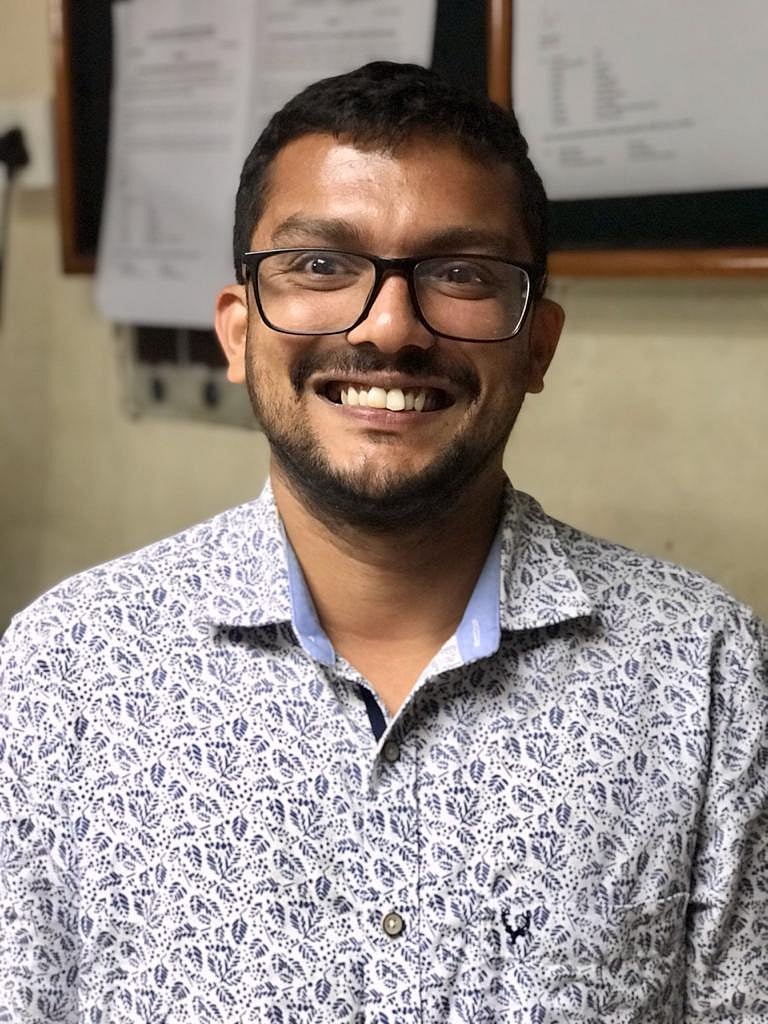Achebe's gone, but his thoughts reverberate in city
Thirty years ago, the Centre for Commonwealth Literature and Research, University of Mysore had a special visitor – author of the best seller ‘Things Fall Apart’, Chinua Achebe.
The legendary author had stayed at the University for two months, interacting with professors and students, helping them understand the nuances of the European prejudice and ethno-centricism towards African societies.
Today, Achebe is no more, but scholars and litterateurs of the city who had the opportunity of meeting him and hearing his talks, vividly remember those precious moments spent with the African author. They chose to describe him as the “Spokesman of the Third World”, and the “Greatest Philosopher and thinker of the Third World”.
K M Chander, Professor of English, University of Mysore recalls Achebe’s talks and the subsequent discussions that followed. “He was extremely critical of the manner in which European authors had stereotyped the African populace as uncivilized and lacking in culture,” said Chander.
Achebe had also complained that even Indians had borrowed similar prejudices from their colonial rulers about Africa. “In fact this was the subject most discussed by Achebe even in his classrooms,” he added.
C Naganna, Director of Prasaranga, University of Mysore said that Achebe during his course of his stay in Mysore, is said to have had liked the “intellectual atmosphere” of the city. “He had a lot of interactions with the students of the University. Achebe also took time to visit a few villages around the city to compare the practice of untouchability prevalent in both African and Indian cultures,” he said. In later years, Naganna translated ‘Things Fall Apart’ to Kannada.
Achebe’s visit also finds a reference in Devanoora Mahadeva’s new book, Edege Bidda Akshara. Mahadeva who had accompanied Achebe to villages near Mysore, pointed out that African author had “the attitude necessary to observe normal happenings of society in different light”.
Srinath C N, a retired professor of English from the University of Mysore, described him to be a ‘forceful’, ‘energetic’ and ‘dynamic’ personality. “He was the first man to give a global voice and image for African literature. It is unfortunate that he narrowly missed out on the Nobel prize for literature on more than one occasion,” he said.
“People from different parts of the world can respond to the same story if it says something to them about their own history and their own experience,” wrote Achebe. And for those in the city of Mysore who knew him, there are good enough reasons to respond and introspect to the timeless tales woven by the remarkable author.
